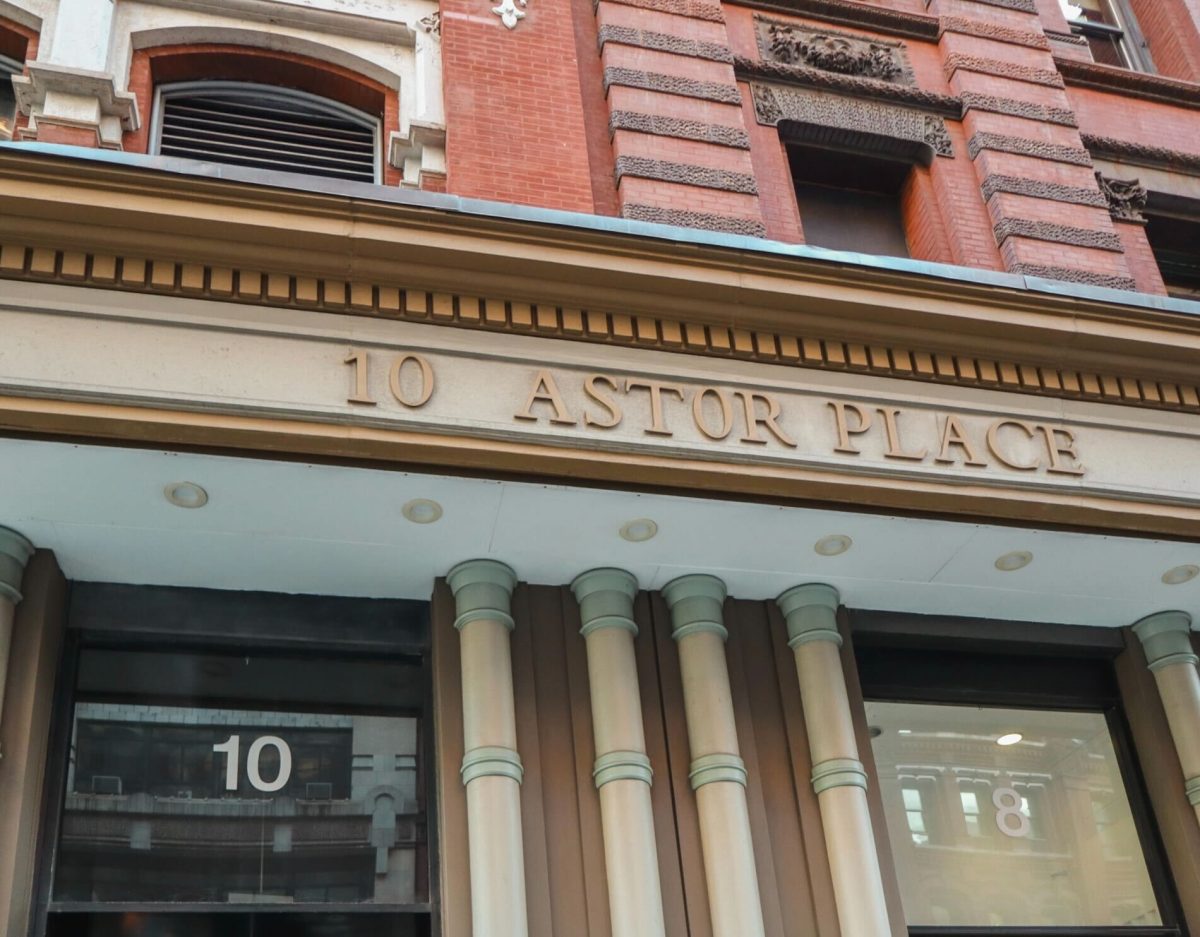NYU’s Marron Institute of Urban Management will use a $19.9 million federal grant to work with the city on projects supporting new sustainability laws. In collaboration with the New York City Department of Buildings and the Urban Green Council, researchers at the institute will develop data-driven suggestions to help buildings meet their carbon goals.
Provided by the U.S. Department of Energy on Sept. 9, the funding will help implement Local Law 97, a set of regulations aimed at reducing carbon emissions in New York City’s largest buildings. The DOB’s Sustainability Bureau applied for the grant in partnership with the other two institutions, both of which have supported LL97 since its initial implementation in 2019.
The citywide grant will fund projects, including the creation of a citywide database tracking decarbonization, the development of new software tools to help building owners comply with LL97 and the increase of staffing within the DOB’s Sustainability Bureau. Constantine Kontokosta, associate professor at NYU Marron, said that this initiative stemmed from a continuous collaboration between the institute and city agencies on data analytics projects that promote environmental and social justice.
“Our work is specifically focused on creating the data and machine learning tools to reduce barriers to building decarbonization and to provide the city with new ways to understand pathways to compliance, the impacts of those pathways, and to monitor and evaluate progress toward decarbonization goals,” Kontokosta said in a statement to WSN.
The grant will allow NYU Marron to manage citywide development with a data-driven guide for buildings to reduce their emissions. In the past, NYU Marron has partnered with city-based institutes to establish building emission laws, including a collaboration with the DOE to create an energy benchmarking law that assigns grades of energy efficiency to buildings.
NYU Marron will also research ways to increase educational guidance for the building owners in disadvantaged communities designated by the state. Kontokosta added that a significant component of their research is making data more accessible and comprehensive to better inform landlords, policymakers and tenants for communities in need.
The grant comes as NYU aims to reduce building emissions by 50% by 2025, after achieving its goal to reduce building emissions by 30% in 2012. At a Climate Week event last month, NYU President Linda Mills recently spoke about the university’s initiatives to achieve carbon neutrality by 2040, including the renovation of Rubin Hall and inclusion of plant-based options in dining halls.
LL97 mandates that about 40,000 of the city’s largest buildings increase their energy efficiency and reduce carbon emissions to avoid penalizations. The first compliance deadline for the program is May 1, 2025, which is when building owners must submit their annual greenhouse emissions to the DOB. Those who exceed their emissions limit will be fined $268 per ton of the carbon dioxide equivalent released above the limit.
“Reducing carbon emissions in cities, and buildings, in particular, is a critical step to minimizing the effects of climate change,” Kontokosta said. “We hope the research we will do as part of this initiative will help New York City take meaningful action toward a more just, low-carbon future.”
Contact Mariapaula Gonzalez at [email protected].
























































































































































